20 years of reimagining the traditional cross-team approach and SEO consulting for brands to help you get a better ROI from your investment. How do you succeed with SEO? Modern SEO consultants and agencies, like our team, don’t chase SEO tactics or the “next big thing in SEO”. We utilize SEO to solve business growth challenges. We solve problems, including: In these cases our SEO agency offers various options for tactical SEO engagements and SEO consulting for enterprise companies and smaller brands. Altus is in the highly competitive medical equipment industry. Initially they needed help with a transition plan for their newly launching website to ensure traffic and rankings retention. We then helped them identify high-priority keywords, create content for their blog and product pages, and optimize their website for both users and search engines. Bill has been great. We’ve seen a 120% increase in traffic to product pages, and 72% increase in organic reach. I’ve worked with him at two companies, and he’s been so flexible in helping us with exactly what we needed and keeping the cost within our budget. When we relaunched our website, Bill walked us through the steps necessary to grow our site visits. In the time I’ve worked with Bill, we’ve tripled the organic traffic, seen a 120% increase in traffic to product pages, and 72% increase in organic reach Marketing Director, Altus Inc. The objective of the initial phase of our SEO process is to provide strategic SEO and website guidance based on insights from analyzing your website and the competitive set. Because SEO, and its success, spans multiple internal teams, understanding overall SEO maturity and depth of integration within your organization will help guide our strategy and monthly focus. We will audit your current measurement strategy to ensure your website reporting is aligned with the primary business goals and encompasses attribution metrics for tracking leads. To understand the current state of the website and shape optimization strategies, we will crawl your website, similar to how Google would, and analyze over 90 variables on each page that correlate with a foundation valuable for users and search engines. Google relies heavily on external factors – such as links – to help them understand and rank content. To ensure your links provide positive signals to Google, we will audit them across multiple data points and offer recommendations for links that are non-compliant. To understand the competitive landscape, we will start by analyzing multiple SEO and user experience data points for your top 3 competitors to provide insights into their strategic approach to SEO. Your website design and experience play a vital role in your SEO success. We will audit your website design and experience across multiple data points correlating with Google and user value metrics. The deliverable includes the audit document that outlines the data gathered, insights gained, and a prioritized list of recommendations to optimize your website for users and search engines. Phase 2 of our SEO process is centered around monthly SEO services, with the goal of accelerated growth through keyword strategy, content creation, and data mining to uncover market opportunities. Our enterprise SEO agency’s advanced SEO keyword research includes the following exercises. Between each activity, we will have multiple brainstorming sessions with your team to gather and refine keyword and intent data for maximum keyword target impact. Great content earns website traffic from Google, increases leads, and positions you as a leader within your industry. Our content creation strategy includes the following: Because the competitive landscape within your market evolves and Google’s algorithms are becoming more sophisticated, our enterprise SEO agency provides proactive monthly SEO consulting. Including things such as: Enterprise SEO Services Focused On Building Your Brand.

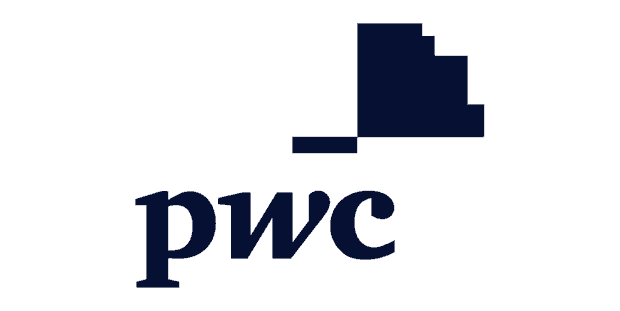
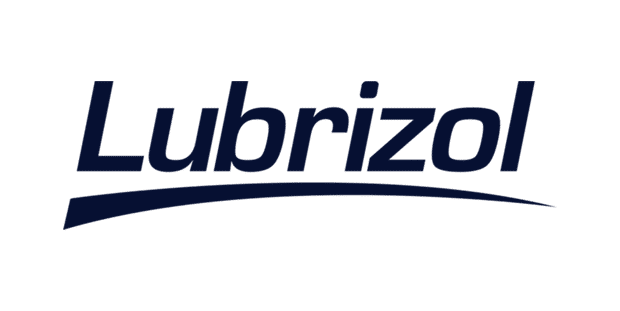
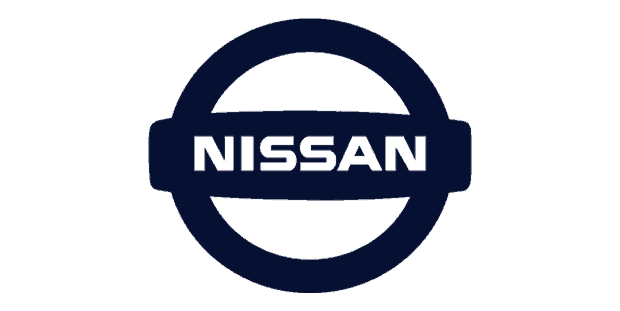
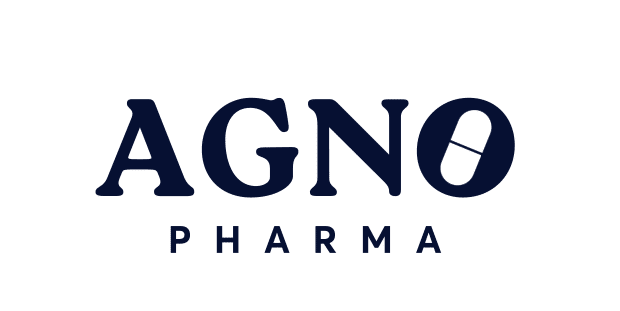
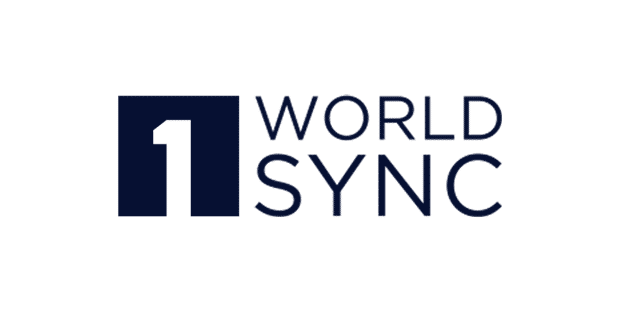
Modern SEO is a long-term business strategy, that includes; publishing, AI optimization, brand building, marketing, website experience, and technical SEO. This is why, when marketing agencies try to boil SEO down to a few tactics, it doesn’t work.
Our SEO consultants know that SEO is more than just keywords or an SEO health score
Need Help? Contact Us Today.

Tactical Enterprise SEO Services
Maybe you don’t need a holistic strategy or full-service SEO campaign.

Enterprise SEO Strategy and Consulting for a Medical Device Manufacturer
Sarah
Phase 1: Our Foundational SEO Process
SEO Maturity Assessment
Measurement Strategy
Technical SEO Audit
Inbound Link Audit
Competitive Audit
Experience Audit
Audit Deliverable
Phase 2: Our SEO Growth Process
Advanced Keyword Research
Content Creation
Monthly SEO Consulting

Enterprise SEO FAQs
Scale and coordination. We work across templates, large content sets, and internal teams to improve visibility without breaking existing systems.
Yes. We write clear requirements, support sprint planning, and stay involved through QA and release.
We plan redirects, content mapping, and validation steps so rankings stay stable during major changes.
We focus on impact first. Templates, high traffic sections, and revenue driving pages take priority.
You see visibility trends, traffic impact, and priority issues, along with clear next actions.
- Our Story
- Marketing Services
Website Optimization
- What We’ve Done
- Resources
- Contact